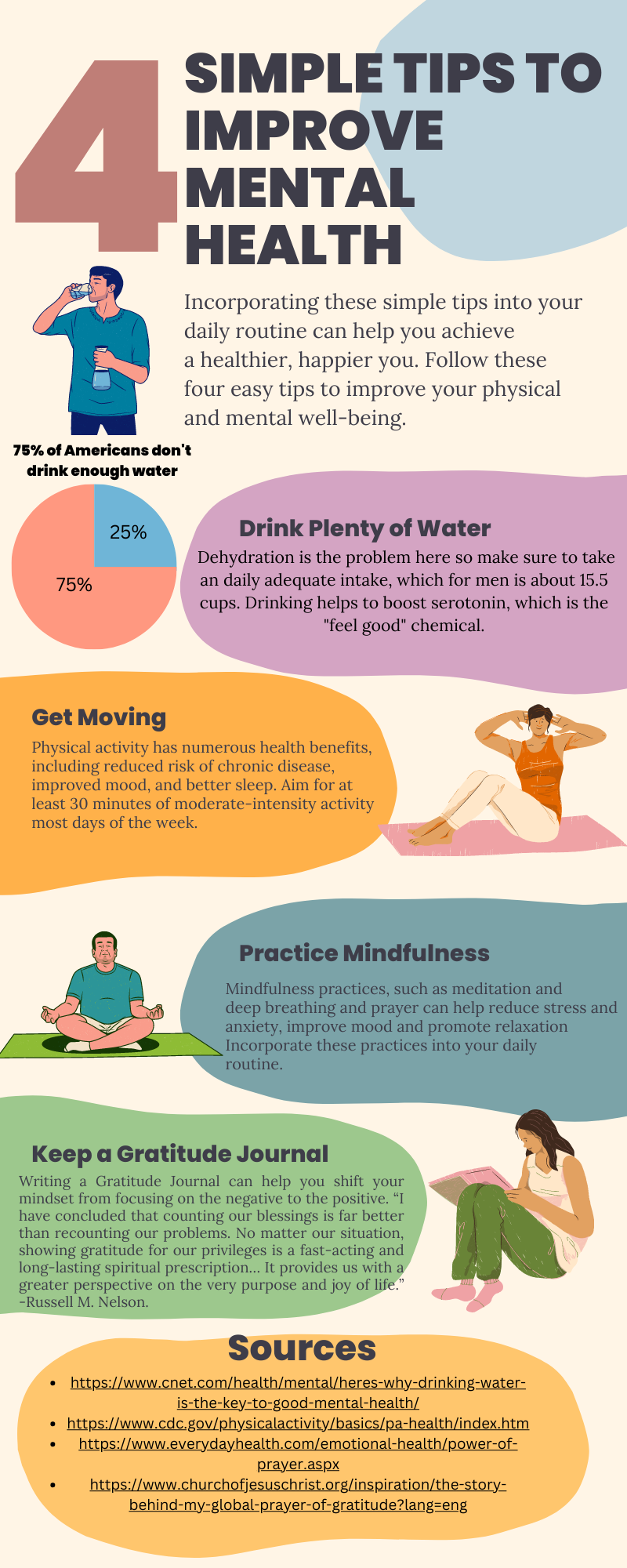
Introduction
Relationships can be challenging as they are, but throwing bipolar disorder into the mix adds a whole new layer of complexity. But don’t worry! We're here to explore how empathy and understanding can make all the difference in building successful relationships with bipolar disorder.
Empathy starts with education. Taking some time to learn about bipolar disorder—what the symptoms are and how it affects your partner's daily life. Knowledge is power if applied! It'll give you a better grasp of the challenges they face and help you approach things with more empathy. We will briefly comprehensively cover what bipolar disorder is and some of the symptoms associated with it. I would strongly advise you though to continue your research by looking for additional reliable resources like books, articles, online support groups, or even therapy to further broaden your understanding and awareness.
Understanding Bipolar Disorder
Okay, so first things first, some basic information about bipolar disorder. It's a mental health condition that brings intense mood swings, including manic episodes (when energy levels skyrocket and feelings of euphoria emerge) and depressive episodes (when energy and interest plummet to rock bottom). These mood shifts can have an intense impact on emotions, behaviors, and overall well-being.
Manic Episodes
An untreated person with bipolar disorder may become irritable more easily with their partner and disagree more easily during a manic episode. Mania at times also induces euphoric bliss and grandiose ideas, which can cause a person to talk super-fast and stay up till 3 am to plan their big ideas (which usually never get completed). Mania may also cause risky behaviors such as spending sprees, or binge drinking. These behaviors may cause strain within a relationship.
Source: https://www.medicalnewstoday.com/articles/324380#bipolar-disorder-and-relationships
“When people are manic, they pursue pleasurable activities with great enthusiasm and with no regard for the consequences, they may gamble, spend excessive amounts of money, use drugs or become promiscuous.”- Jennifer Payne, M.D., psychiatrist and director of the Women’s Mood Disorders Center at Johns Hopkins Medicine.
Note: *Hypomania is a less severe form of mania with similar symptoms*
Depressive Episodes
During a depressive episode, a person may have low energy and lack motivation. They may also feel hopeless and worthless. Your partner may isolate or limit communication with you, this may make you feel as if they are disinterested in the relationship, but such is not the case and communication should be open to avoid misunderstandings. At times your partner may experience thoughts of death or suicide (suicide ideation), please be kind and compassionate during this difficult period. For additional resources to help a person experience suicidal ideation, the QPR (Question, Persuade, & Refer) training has been very beneficial. As well as the suicide prevention hotline 988.
Source: https://my.clevelandclinic.org/health/diseases/9294-bipolar-disorder
Free QPR Training: https://www.liftandlove.org/qpr-training
The following infographic shows some simple ways to help manage bipolar disorder
The Role of Empathy
Empathy is crucial and the cornerstone of successful relationships with bipolar disorder. Empathy is all about envisioning yourself in your partner's situation and trying to understand their experiences and emotions. It's like seeing the world around you through their eyes and connecting on a deeper level. With empathy, you can show compassion and support, recognizing that bipolar disorder isn't a choice or a character flaw, but a medical condition that needs understanding and love.
Nurturing Emotional Support
Now, let's talk about emotional support—a key aspect of any healthy relationship, especially with bipolar disorder in the mix. Being there for your partner, listening to them, and validating their feelings is truly the essence of emotional support. Whether they're on cloud 9 or in the trenches, your empathy and reassurance can make a world of difference. Remember, though, that self-care matters too! You need to take care of yourself to avoid burning out and be the best support you can be.
Managing Triggers and Communication
Life with bipolar disorder has its triggers (such as lack of sleep). It's essential to identify and manage them to keep the relationship running smoothly. How? Well, open communication is a must! Encourage your partner to share their feelings and experiences, and truly listen—no judgment zone! Healthy, compassionate communication builds trust and helps you navigate those triggers like an expert, fostering a stronger and more resilient bond.
Seeking Professional Help
Sometimes, a little extra support helps tremendously. That's where the professionals come in! Mental health professionals, like therapists or counselors, can provide invaluable guidance and support for both you and your partner. Therapy offers a safe space to tackle challenges, develop coping strategies, and strengthen your relationship. Don't let any stigma hold you back—prioritize your well-being and the health of your relationship. Remember that if you both are committed to this relationship you will sometimes need to be humble and seek therapy to strengthen it, don’t give heed to any outside criticism, forget what other people say, and don’t let their judgments dissuade you, and your partner from seeking professional help.
Source: https://www.healthline.com/health/bipolar-disorder/bipolar-disorder-supportive-therapy#therapy-types
Photo by Polina Zimmerman: https://www.pexels.com/photo/couple-talking-with-therapist-3958379/
Conclusion
We've learned that empathy and understanding are the secret sauce to successful relationships with bipolar disorder. Educating yourself, nurturing emotional support, managing triggers through open communication, and seeking professional help when needed—all these ingredients work together to create an environment of stability, trust, and resilience.
Remember, relationships have their ups and downs just like a rollercoaster and just like a rollercoaster, bipolar disorder has its ups and downs, but with empathy and understanding, love can blossom even amidst the challenges of bipolar disorder. Embrace the journey together, celebrate your strengths, and cherish the deep connection that comes from navigating this path at times hand in hand. If I may offer a last remark, in life and especially in relationships emotions are fleeting and ever-changing, this is especially true when suffering from bipolar disorder. Regardless of the transient nature of emotions, promises can be eternal. And if you promised to love one another in sickness and in health you can honor those promises, regardless of how you feel in the moment. What I’m trying to say is don’t throw away a beautiful thing over something as trivial as bipolar disorder in the grand scheme of things. Cleave unto one another and press forward through the storm of life. You got this!
Share and Subscribe
If you find these resources helpful, share them on your social media platforms and subscribe to this blog to get notified anytime we make a new post.




